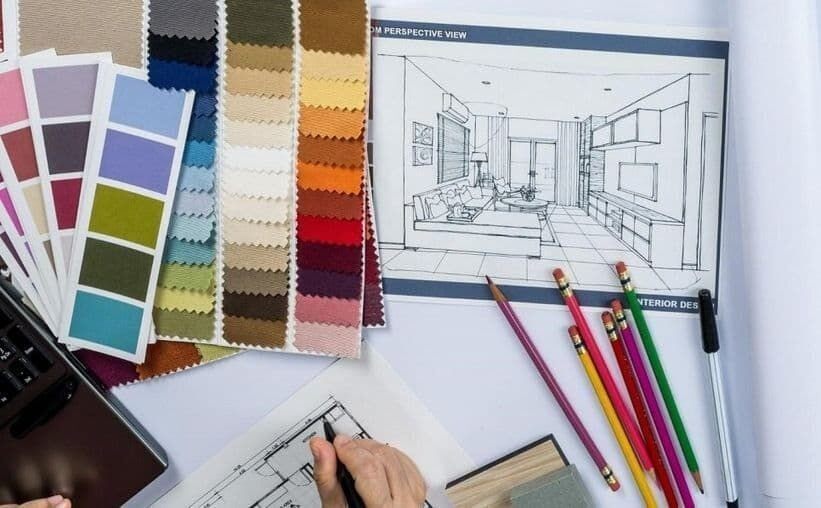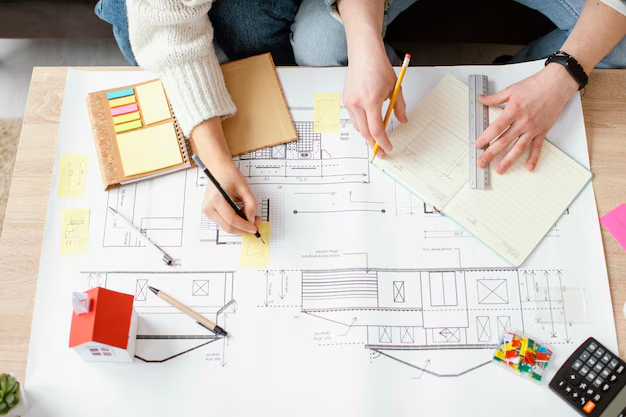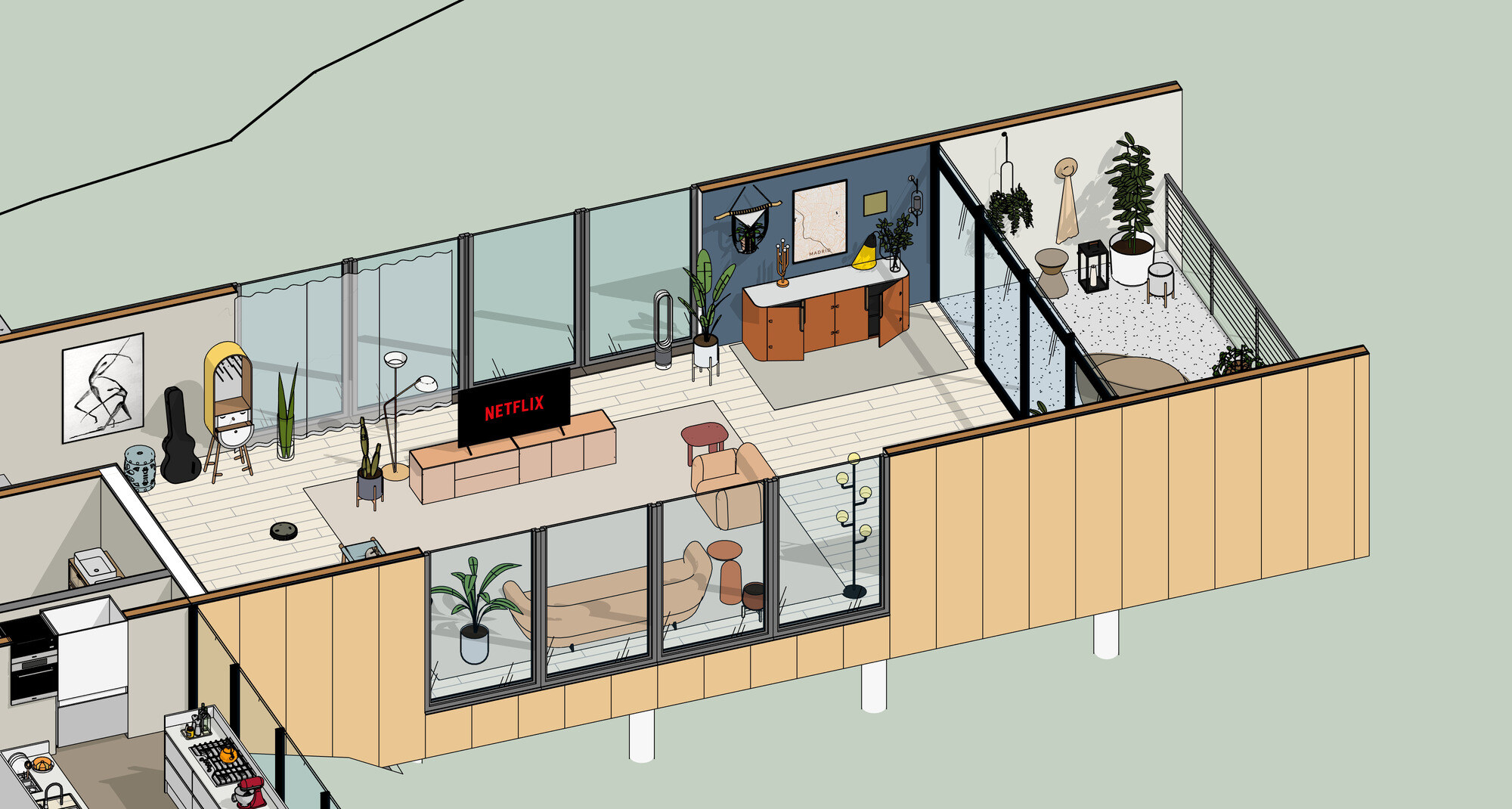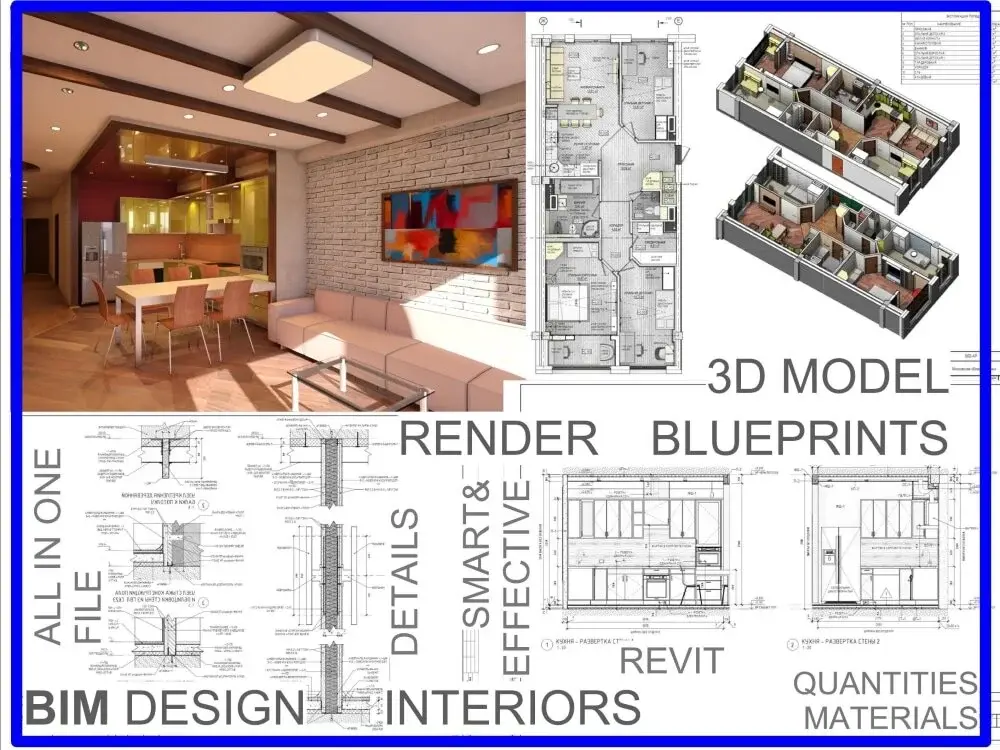Top 5 Interior Design Courses to Enrol in 2024

Table of Contents
Interior design is the planning, designing, and arranging of spaces created by humans; it is closely associated with environmental design. The discipline of interior design is relatively recent, even though the desire to create a comfortable environment is as old as civilisation. The phrase "interior design" denotes both a more expansive field of endeavour and the profession's standing as a professional one. The field is referred to as interior architecture in several European nations where it is highly recognised. Environmental design has become the umbrella term for those who are interested in the multitude of factors that create man-made settings.
Importance of Interior Design
To create spaces that are aesthetically beautiful but also practical, cosy, and supportive of the happiness and well-being of occupants, interior design is crucial. It significantly affects many facets of daily life, including private residences, businesses, public buildings, and cultural institutions. The overall feel, functionality, and aesthetics of interior spaces are greatly influenced by interior design. Its significance is derived from multiple factors:
- Technology has allowed for a deeper investigation into the psychological aspects of interior design, making human-centric design strategies essential for successful and functional spaces.
- Interior designers are being sought out by various industries and individuals to address society's health and happiness issues through design, such as optimising lighting levels and reducing anxiety with acoustics.
- The scope of interior design has evolved to impact human life and emotions, requiring an exceptional architectural approach from the start.
- Historically, interior design and architecture were treated as separate disciplines with conflicting goals, but they are now recognised as interdependent fields that cannot exist without each other.
- Educational establishments need to acknowledge the importance of integrating interior design and architecture to bridge the disconnect between the two fields.
What do Interior Designers Do?
An interior designer is a specialist who designs visually beautiful and useful interior environments for a range of venues, including residences, workplaces, shops, dining establishments, and lodging facilities. They collaborate closely with clients to comprehend their requirements, preferences, and financial limitations before transforming their ideas into well-planned environments.
Utilising their proficiency in space planning, colour theory, furniture selection, lighting design, and material sourcing, they craft harmonious interiors that elevate living standards and mirror the individuality or brand identity of their clients. To guarantee that projects are finished on schedule and under budget, they work with contractors, architects, and other experts. They maintain current knowledge of construction rules, sustainability guidelines, and industry trends to produce creative ideas.
- Initial consultation with clients to gather requirements, preferences, budget, and specific needs for the space.
- Understand and analyse the space by sketching layouts with precise functionality, traffic flow, and spatial efficiency.
- Develop design concepts based on client requirements which include colour schemes, materials, finishes, and architectural elements.
- Curate a selection of materials, finishes, furniture, lighting fixtures, textiles, and accessories which align with the design concept as well as the functional needs of the space.
- Work with architects, contractors, and other professionals to make sure of accuracy while implementing the design vision.
- Create detailed drawings, blueprints, renderings, and specifications to communicate the design intent to contractors and stakeholders.
- Manage project aspects such as scheduling, budgeting, procurement, and quality control.
- Do the finishing which will improve the overall look and feel of the space by adding artwork, decorative accents, window treatments, rugs, and accessories.
- Conduct evaluations to consider functionality, comfort, and satisfaction and gather feedback for improvements or further customisation.

Also Read: What's New in Architecture - Automation, Coding, and BIM!
Importance of Pursuing Interior Design Courses
Do you love designing spaces, and experimenting with colours that are pleasing to the eye? If yes, you should consider a career in interior design. Formal education can greatly improve your skills and prospects in this field, even though creativity and an eye for design are essential traits. There are many advantages to taking an interior design course, and they will position you for success. Let's examine five strong arguments for why enrolling in an interior design program could revolutionise your professional path.
- There's a lot more to interior design than just choosing paint colours and furniture placement. It requires a thorough understanding of materials, colour theory, architectural elements, and space planning. These fundamental topics will be covered in-depth in the curriculum of an organised interior design course. You'll discover how to design aesthetically pleasing and useful spaces that satisfy the requirements and tastes of your customers. These abilities will be your success toolkit, from creating floor plans to becoming proficient with 3D visualisation software.
- Design is a constantly growing field, which comes with new trends and technologies emerging regularly. Completing the interior course will keep you up to date on the latest trends, materials, and methods. Whether you're incorporating sustainable practices, implementing smart home technologies, or experimenting with unconventional designs, your education will prepare you to provide fresh and innovative solutions that appeal to modern customers.
- Interior design courses provide more than what just theoretical knowledge provides. This helps you to connect with other aspiring designers, industry experts, and mentors. Developing a professional network during your course can lead to internships, collaborations, and job opportunities. The design community is vibrant, and the connections you make during your course may prove useful throughout your career.
- There are various career options in the broad and flexible field of interior design. This will help prepare you in getting various career paths, including set design for TV shows and movies, commercial spaces, residential design, and hospitality. As an interior designer, you can also work for real estate, and design firms, or even start your own business or freelance.
Also Read: 12 Parametric Interior Design Projects Around The World You Need To Check Out
Top 5 Interior Design Courses
Depending on personal tastes, professional objectives, and educational requirements, there are various top 5 interior design courses. These interior design courses provide students with a thorough education, real-world experience, and chances to advance their careers. When selecting a design program, people must, however, do their research and consider their objectives, preferences, and practical considerations. Still, the following are frequently cited as some of the top interior design courses when reputation, curriculum, faculty experience, and student satisfaction are taken into account:
1. BIM Professional Course By Novatr
Duration: Six months
Mode: Online
Curriculum:
- Introduction to BIM
- Basics of BIM
- Advanced BIM Modelling
- Information Management
- 3D Visualisation
- BIM Process and Industry Workflows
- Team Collaboration
- BIM Coordination using Navisworks
- Dynamo, Sustainability tools and Primavera
Digitalisation has made Building Information Modelling (BIM) an increasingly important skill in the global construction industry. The goal of this nine-month BIM Professional Course is to assist anyone, regardless of background or level of technical expertise, in starting a successful BIM career. In addition to learning Navisworks, students in this thorough BIM course also learn about seven or more other BIM applications. Thus, for students who want to work in BIM, this course is the greatest choice.
Weekly in-person sessions, mentor relationships, and a live capstone project are all part of the flexible curriculum. Students study with a global community of architects. Students who complete the course will receive access to new career opportunities, a professional-level portfolio, and a BIM certification.
2. Interior Design Certification Course by INIFD
Duration: 10 months
Mode: Online
Curriculum:
- Design Source & Materials
- Interior Construction and Detailing
- Fundamental of Interior Graphics (including visual presentation)
- Interior Design Studio I – Residential Space
- Art and Architecture History – I
- Interior Service Systems
- Interior Design Studio II - Office Space
- Interior Design Studio III - Retail Space
The INIFD curriculum prepares students to take advantage of new opportunities by keeping up with industry trends. The design of layout, construction, furniture, colour schemes, and decorations for various properties will be taught to the students. Pune offers a wide range of interior design courses for students at all skill levels. The goal of these courses is to equip you with the knowledge and abilities needed to design stunning and useful spaces for your clients.
3. Interior Design and Architecture Planning By DU Sol
Duration: 10 months
Mode: Online
Curriculum:
- Foundational knowledge of drawing and sketching
- Geometry concepts and colour wheel
- Planning and drawing a layout of the basic room
- Overview of technology
- Basics of Vastu
- Budget management
Training in interior design and architecture planning is provided by the Interior Design & Architecture, Planning course at Delhi University, RK Academy of Arts and Design, and Campus of Open Learning. The program is in great demand and offers talented students the chance to succeed in business. The creative industries demand skill and commitment. To be considered for admission and screening, interested students must apply along with the necessary paperwork.
4. Interior Design Certificate Course By Upskillist
Duration: 16 months
Mode: Online
Curriculum:
- Diploma in Interior Design
- Intermediate in Design
- Advancement In Interior Design
- Proficient In Interior Design
Upskillist offers a professional design program in the 'Continuing Education' category called the Interior Design Course Online. It is divided into four modules with smaller sections for easier learning, and it is certified by AP State University. This course covers the creation and management of design projects and offers a variety of support options and expert lessons. Exams and assessments guarantee understanding, classes are flexible, and there are weekly assignments in addition to module-end tasks that, when completed, earn an e-diploma.
5. Certified Interior Design Course By AND Academy
Duration: 18 weeks
Mode: Online
Curriculum:
- Elements & Principles of Interior Design
- Understanding the functionality of spaces
- Introduction to Ergonomics & Anthropometrics
- Understanding Client needs
- Understanding 3D Form & Space
- Software Track: 3D modelling (Coohom)
You will learn how to plan, visualise, and design interior spaces in the AND Academy's interior design courses. To realise your designs, you will gain knowledge of material selection, teamwork, and spatial design principles. A variety of contexts are covered in the course, including residential, office, retail, pop-up stores, and exhibition spaces. Opportunities for a career include beginning your own business or working for companies. With your expertise in spatial design, you can also work as a lifestyle product stylist or go into event and exhibition design.
Also Read: Top 6 Innovative Architectural Mega Projects Around the World
Conclusion
India's growing demand for luxury and economic development has boosted creativity and innovation in the interior design industry. Acquiring new skills in colour theory, material selection, and spatial planning is crucial for staying competitive in this dynamic field. The top five interior design programs offer distinctive curricula, focused concentrations, and bright futures for graduates. These courses cater to diverse interests and career goals in the discipline. The future of interior design is bright and full of inspiration, especially as India becomes a global centre for design. The building and construction sector can create environments that showcase cultural diversity and positively impact the environment and aesthetics by welcoming diversity, encouraging creativity, and prioritising sustainability.
For interior designers, the BIM Professional Course for Interior Designers is a course provided by Novar which provides industry professionals with years of practical expertise in the field. Additionally, you will get to work on live capstone projects.
Check out our Resources page to learn more about related careers and software.

 Thanks for connecting!
Thanks for connecting!
-1.png)
.png)
%20(1).png?width=767&height=168&name=BIM-A%20A%20(Course%20Banner)%20(1).png)
%20(1).jpg)
.png)




